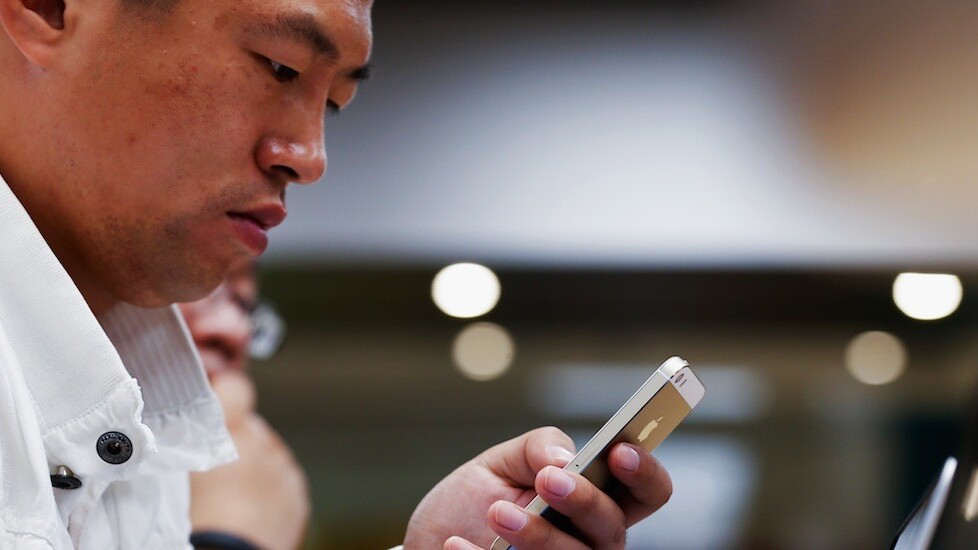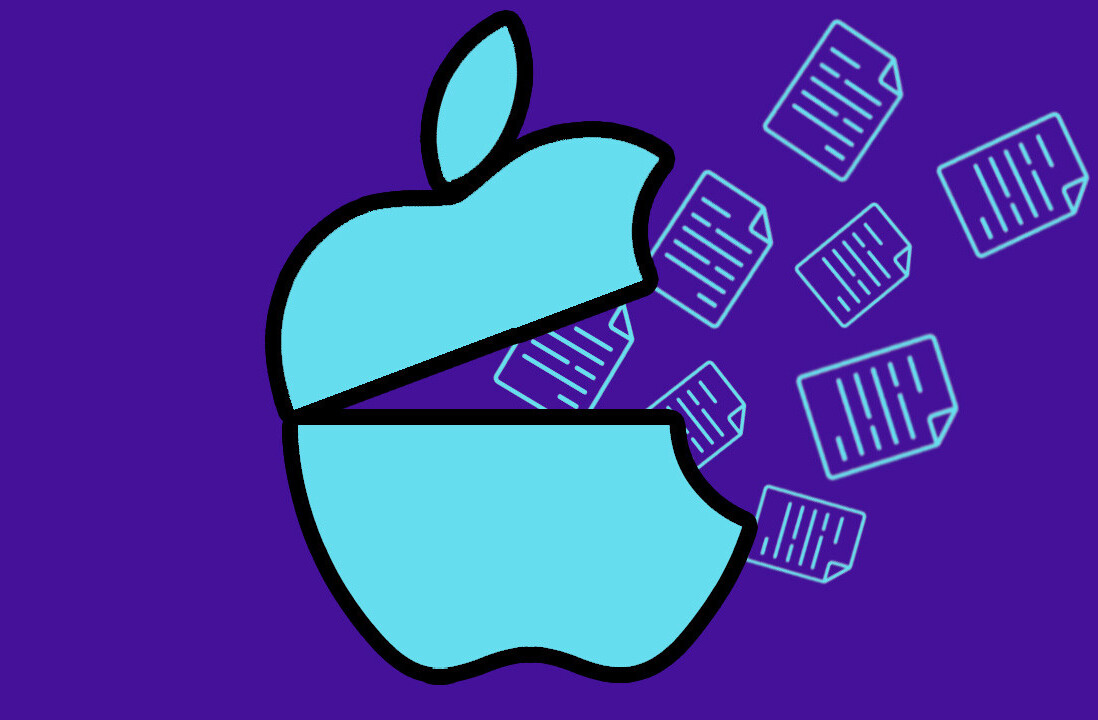
Last Friday, Apple got into a spot of trouble in China after the country’s state broadcaster aired a news program that criticized the iPhone for tracking frequent location information. The feature is available on iOS 7, and keeps track of places you have recently been, as well as how often and when you visited them.
In an introduction of the feature, Apple notes that the data “is kept solely on your device and won’t be sent to Apple without your consent” — instead it is used for personalized services such as predictive traffic routing.
State-run China Central Television’s news program stated that there are risks involved in the frequent location tracking feature, in particular encroaching user privacy by disclosing where users have been to.
Apple responded with a statement on its Chinese site, saying that it appreciated CCTV’s effort to help educate consumers on this topic which it thinks is very important. “We want to make sure all of our customers in China are clear about what we do and we don’t do when it comes to privacy and your personal data,” the company said.
It clarifies that Apple does not track users’ locations — “Apple has never done so and has no plans to ever do so.” Instead, as customers want their iPhones to reliably determine their current locations when they search for location-related information such as finding the nearest restaurant or calculating the amount of time to get to work, Apple says it collects information at the “device level.”
Calculating a phone’s location using just GPS satellite data can take several minutes. iPhone can reduce this time to just a few seconds by using pre-stored WLAN hotspot and cell tower location data in combination with information about which hotspots and cell towers are currently being received by the iPhone.
In order to accomplish this goal, Apple maintains a secure crowd-sourced database containing known locations of cell towers and WLAN hotspots that Apple collects from millions of Apple devices. It’s important to point out that during this collection process, an Apple device does not transmit any data that is uniquely associated with the device or the customer.
Apple also says that ‘Frequent Locations’ are only stored on a customer’s iOS device and are encrypted and never backed up on iTunes or iCloud, and Apple does not have access to the information at any time. The feature can also be turned off via the privacy settings.
“Apple gives customers control over collection and use of location data on all our devices. Customers have to make the choice to enable Location Services, it is not a default setting. Apple does not allow any app to receive device location information without first receiving the user’s explicit consent through a simple pop-up alert. This alert is mandatory and cannot be overridden,” the company said.
This isn’t the first time Chinese state media have singled out Apple for attack — but the company is treading very carefully as the country has risen to become a crucial market for Apple in the past few years. Apple’s Q4 2013 earnings showed that for the full year, the greater China region generated $27 billion in revenue, up 14 percent year-on-year.
Headline image via Lintao Zhang/Getty Images
Get the TNW newsletter
Get the most important tech news in your inbox each week.




